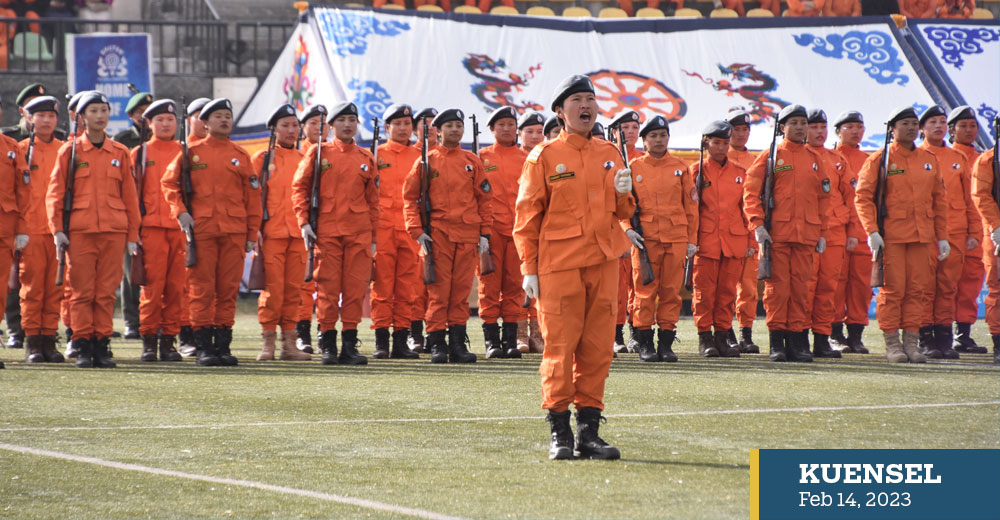Tshering Palden
“You’re the guardians of peace, stability and happiness of our country, and the custodians of our National Identity. Your character and attitude towards work and disposition towards service will shape our future.”
Almost a decade after His Majesty’s address to a group of young de-suup trainees at the Military Training Center in Tencholing, Wangdue, the de-suup family today has grown from a few hundred to a formidable group of around 35,000.
His Majesty The King always inspired the volunteers to contribute to nation building through various ways, big and small from reading every day to increasing the overall knowledge of the society and aspiring to create clean, well managed and beautiful surroundings that contribute to national pride and integrity, to larger visions of strengthening our economy and achieving prosperity for all the people.
The volunteer corps today has become synonymous with solutions to the problems in our society.
For the contributions made to society, His Majesty honoured the institution with Druk Thuksey on December 17, 2020.
Under the national service programmes, de-suups have contributed to solving the perennial problems of acute irrigation and drinking water shortage in the far-flung villages, and the ever-increasing stray dog population, which began to worry even the highlanders as feral dogs claimed the lives of dozens of their invaluable livestock.
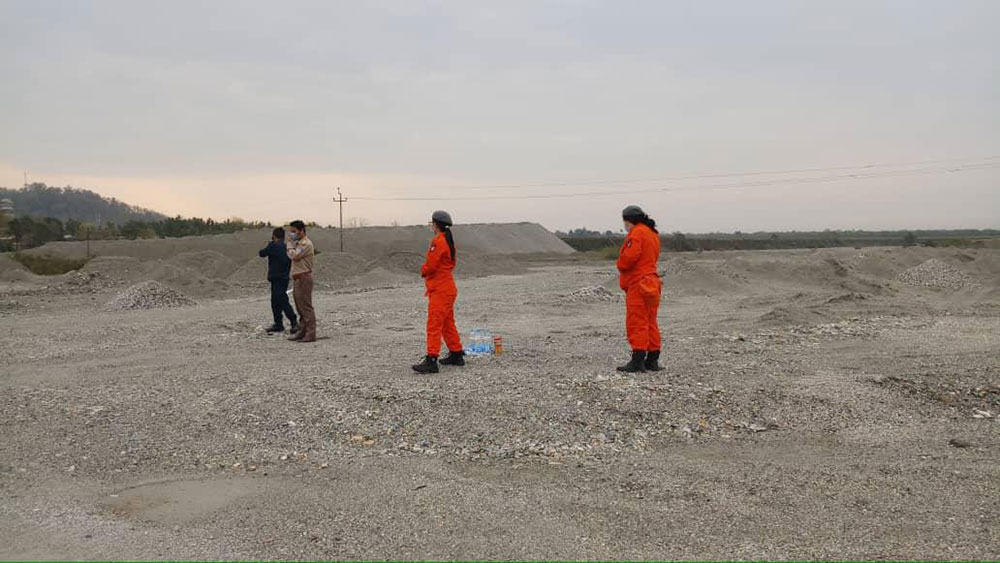
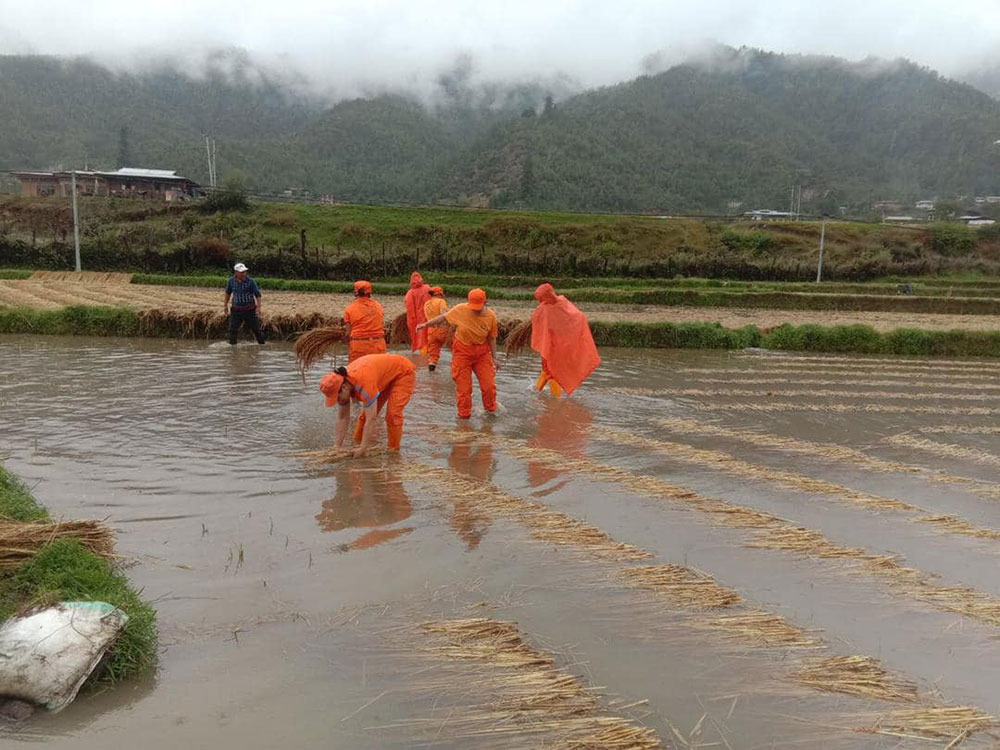
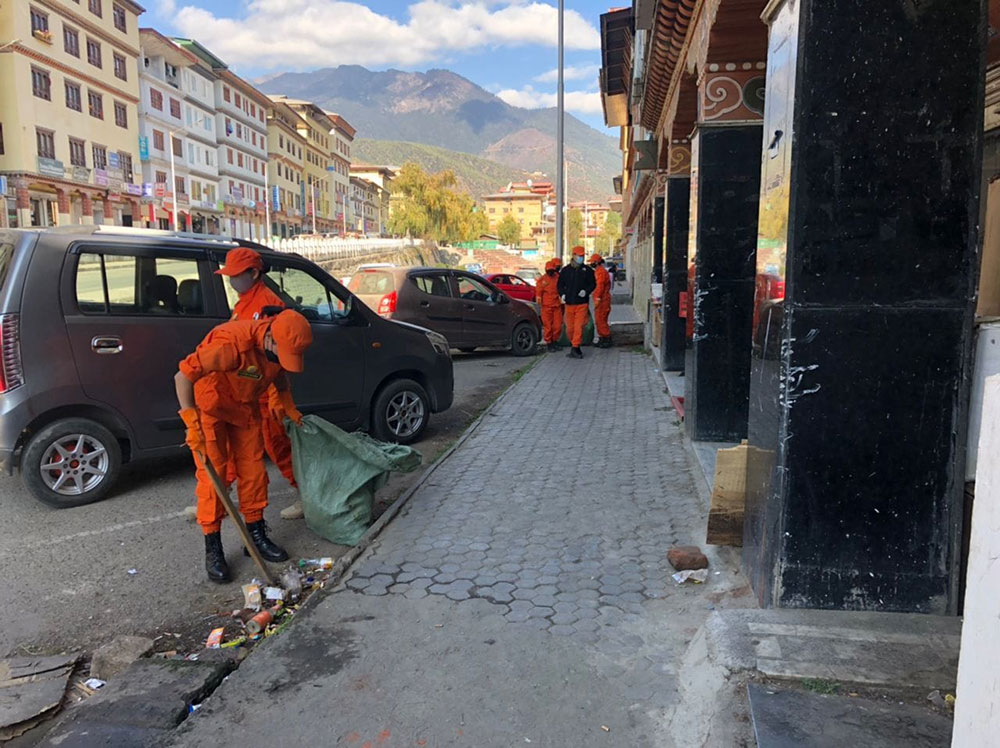
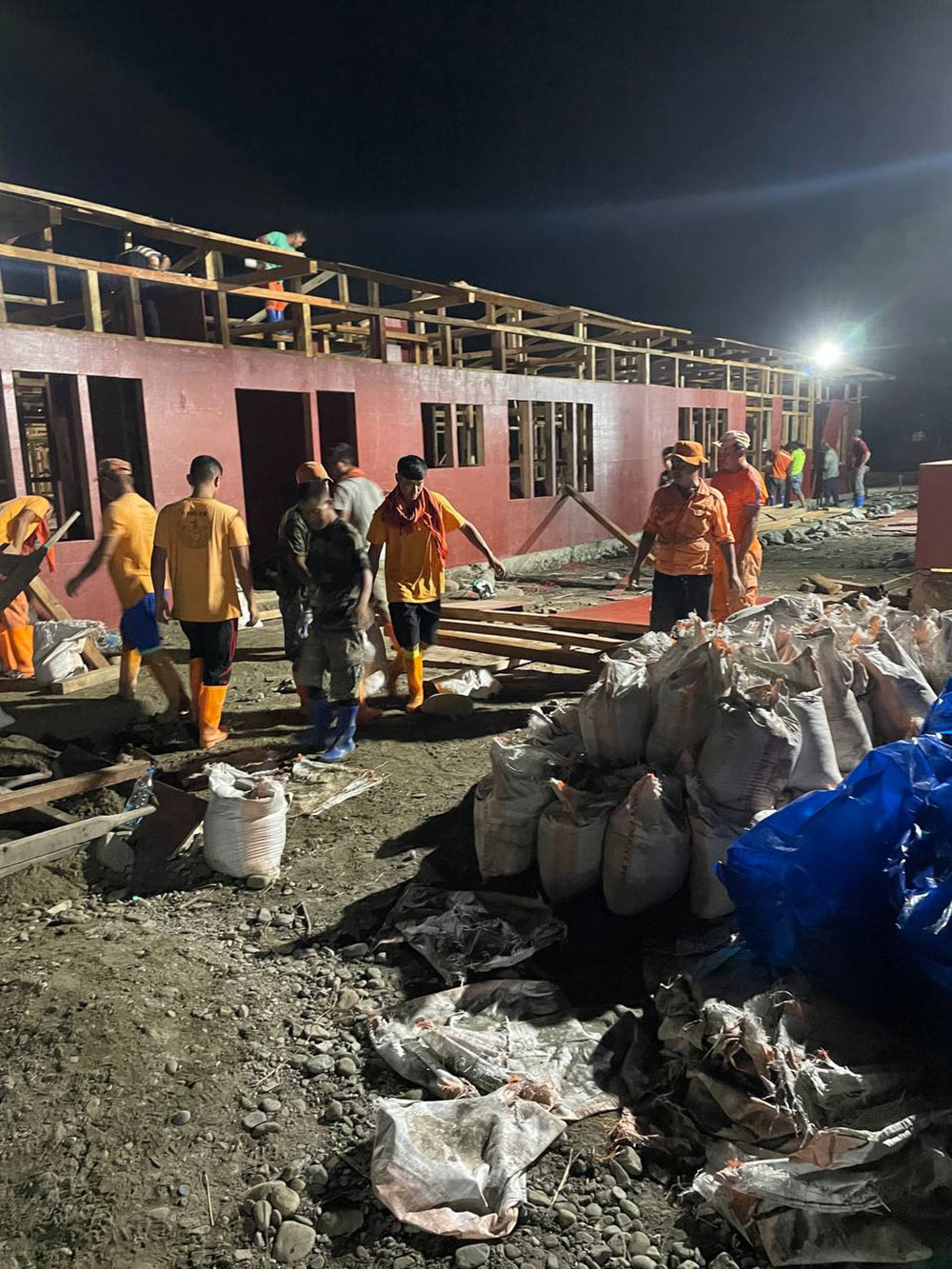
These problems burdened the country and exerted extreme pressures on the government’s coffer for decades without an effective solution.
The De-suung Water Projects were completed in months, which if executed through normal practices would have taken years, and benefitted more than 4,230 households in the country’s most severely affected villages across the country.
Trashiyangtse, Haa, and Lhuentse within nine months boast of 100 sterilisation of free-roaming dogs today. A few more dzongkhags are being assessed to declare similar status.
Thousands of de-suups remained at the forefront while battling the Covid-19 pandemic shoulder-to-shoulder with security forces and other frontline workers. From distributing vaccines to remote places, reaching medicines and caring for the elderly to serving at quarantine centres, stocking essential items, feeding the strays, and securing the borders, de-suups played a vital role.
In less than four months, more than 2,000 de-suups planted a million fruit trees to enhance food and nutrition security. The trees would produce about 33,000 metric tonnes of fruits every year in four years, increasing the farmers’ income significantly. More are being planted.
De-suups are involved in combating fire accidents and search and rescue missions, ferrying patients on their backs from far-flung villages, and controlling crowds at major events, among many other things.
It has set in train a movement among the youth to don the orange and serve the nation. For every new batch, the de-suung office receives applications more than four times the number of seats available. Many are learning skills that could help them make a living without having to look for jobs.
Since the launch on February 14, 2011, the programme trained 34,939 de-suups, including 13,931 female de-suups as of yesterday.
A total of 1,195 trainees, including 500 males would complete their training from the four centres on February 25.


